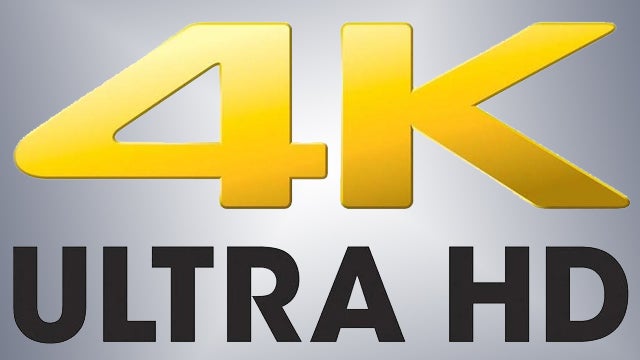UK 4K channels given green light by DVB UDTV standard approval

The DVB Steering Board has approved the DVB-UHDTV Phase 1 specification, paving the way for 4K UHD TV channel broadcasting.
This specification approval is a huge development for TV broadcasting, as it offers a HEVC profile for DVB broadcasting services that will enable UHDTV Phase 1 delivery.
That will allow broadcasting of images up to a 3840 x 2160p resolution, four times better than regular HDTV (hence the 4K name), at a maximum of 60Hz.
Depth will also be given an upgrade with the specification too, with a maximum of 10 bits per pixel supported at this stage.
“HEVC is the most recently-developer compression technology and, among other uses, it is the key that will unlock UHDTV broadcasting,” said Phil Lave, DVB Steering Board Chairman. “This new DVB-UHDTV Phase 1 specification not only opens the door to the age of UHDTV delivery but also potentially sets the stage for Phase 2, the next level of UHDTV quality, which will be considered in upcoming DVB work.”
Basically, HEVC is the compression system used to deliver Netflix’s 4K streams. HEVC can deliver four times the pixles, but only needs double the bandwidth of standard HD.
However, sadly this new specification isn’t compatible with any existing 4K TV sets, even those equipped with in-built HEVC decoding.
If you’ve already shelled out on a 4K TV set, you’ll have to buy a compatible set-top box when they eventually launch. The European Telecommunications Standards Institute still needs to formally standardise the new specification, so you’ll be in for a wait yet.
Read more: Best TVs 2014
Via: HDTVtest

